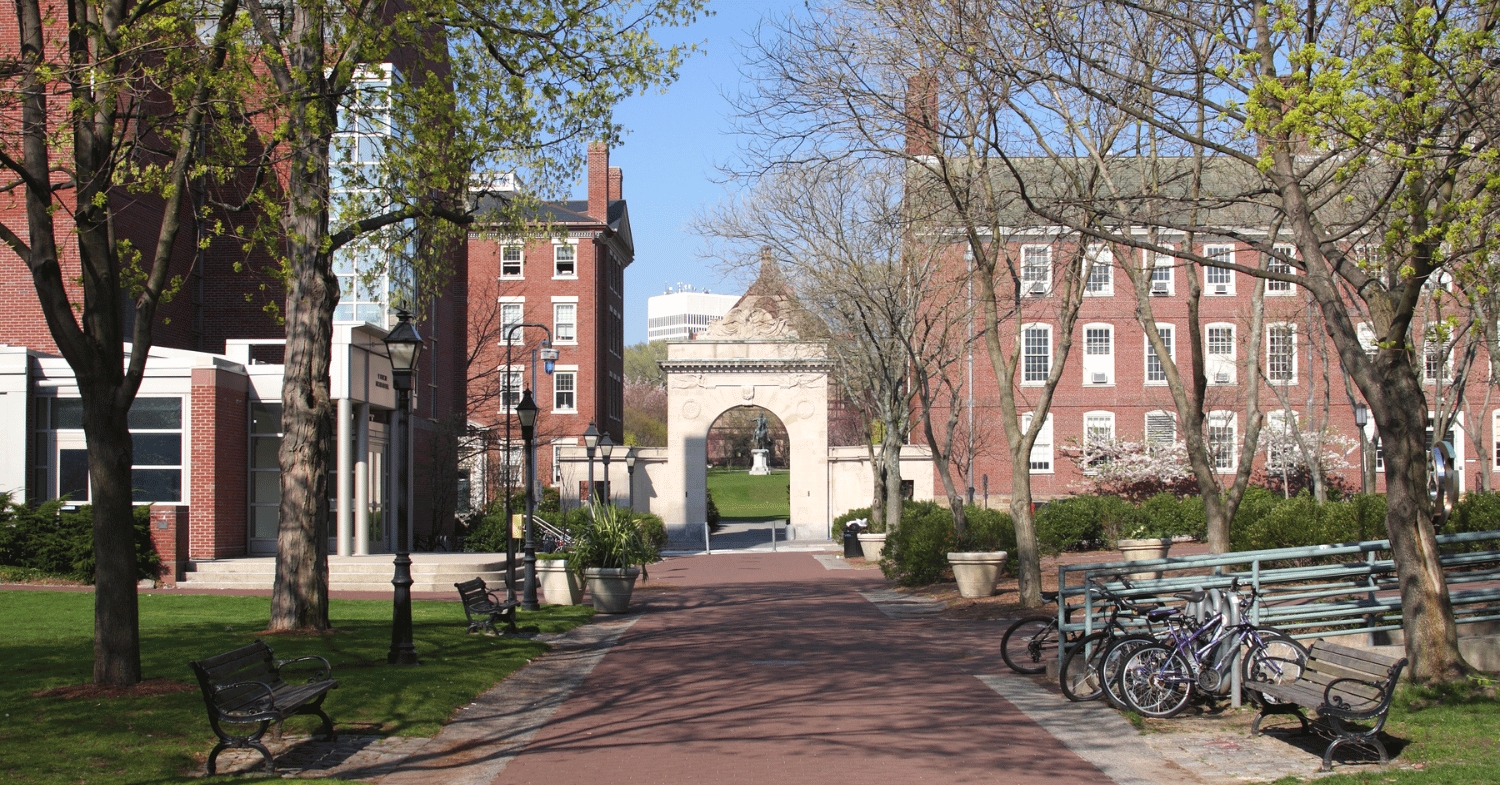Trump’s first 100 days: The impact on US college admissions
There are around 10,000 British students taking an undergraduate course in the US at any given time, according to the Office for Students. This number indicates a significant proportion of the overall international student body in the US, which reached an all time high of over 1.1 million in the 2023-24 cycle.
It’s been four months since Donald Trump took office as US president again in January 2025, and his initial days were especially scrutinised due to several contentious executive orders and statements impacting higher education. In particular, these changes have significantly influenced the landscape of US college admissions, affecting international applicants, domestic diversity initiatives, and economic concerns related to college affordability.
Policy shifts under Trump administration
Travel ban
Trump quickly implemented immigration-related executive orders, notably the travel ban affecting several predominantly Muslim countries.
The Trump administration has taken steps to revoke visas for numerous international students and has detained several others on US college campuses. These actions have been linked to students participating in pro-Palestine protests or having minor legal issues, such as traffic violations. Unfortunately, these measures have often been implemented without prior notice or the chance for students to appeal, creating a challenging situation for those affected.
Defund
Trump has called for defunding universities that promote what he views as “radical left” or “anti-American” ideologies. Many elite universities have been targeted - including Northwestern, Columbia, Harvard, Cornell, UPenn, Princeton, and Johns Hopkins.
Columbia is one university that has caved in to his demands. Harvard is another that has rejected his demands and filed a lawsuit defending itself against federal intervention.
The US Department of Education informed Harvard University on Monday that it was ending $2.2 billion in research grants and other aid unless the school concedes to a list of demands from the Trump administration that would effectively cede control of the nation’s oldest and wealthiest universities to the government.
Eliminate
While companies and institutions are looking to approach Diversity, Equity, and Inclusion (DEI) in a more thoughtful way, Trump has strongly opposed DEI programs in higher education - hours into his presidency, he has signed two orders to eliminate DEI.
Reform
The US government plans to drastically reform tenure processes enabling them to fire university professors who are deemed to have political bias or be ‘unproductive’.
Free speach
Trump seeks to tie federal research funding to universities’ ability to protect free speech and more conservative voices on campus.
Student loans
Trump advocates for reducing government involvement in student loans, paving the way for private sector involvement. Trump administration is also limiting eligibility for the public service loan forgiveness (PSLF) and removing the SAVE plan from the Obama era.
The impact of Trump’s policies on US universities
For prospective students navigating this uncertain environment, staying informed is critical. Applicants should closely monitor policy changes and maintain communication with admissions counselors. Additionally, seeking expert guidance from admissions consultants who understand evolving policies can help students strategically manage their college applications and address individual concerns effectively.
A potentially steep decline in international student recruitment
Trump's heavy crackdown on immigration policies has raised fears of a sharp decline in international student enrollment. Although the UK is expected to be exempt from some of these impacts, a culture of fear is building, influencing international perceptions. As a result, universities in Canada and Australia are expected to become increasingly competitive alternatives.
Universities' yield percentages, which demonstrate the rate of accepted students who enroll, are anticipated to decline as uncertainty deters international commitments.
Trump’s first term already saw a noticeable drop in UK and EU student numbers, and a similar or even more severe trend is predicted under current circumstances.
Many international students, particularly from the Middle East and Muslim-majority countries, are reconsidering applying to schools in the US due to heightened uncertainty and safety concerns.
Life on campus
It is undeniable that campus environments at some of the US' top schools are becoming increasingly tense. The debate across the political divide is growing more polarised, intensifying ideological conflicts among students. Student activism is likely to become more commonplace, which could escalate into confrontations with authorities.
Recent actions against university protests, particularly targeting pro-Palestinian demonstrations, reflect an increased governmental response to campus activism. These developments raise significant concerns about academic freedom and the overall campus atmosphere for current and prospective students.
Institutional responses
Of all the elite schools that were targeted, Harvard is the one to push back the most aggressively. Over 150 university presidents have joined as a united front against the government’s demand to take control over their academic independence.
Many colleges and universities across the US have publicly responded to Trump's policies by reinforcing their commitment to international and domestic diversity. Institutions have increased outreach efforts to reassure prospective international students and implemented proactive measures such as legal assistance programs, expanded counseling resources, and enhanced campus support networks for international and minority students.
Effects on domestic diversity and inclusion initiatives
Domestically, the Trump administration's approach raised concerns about the future of affirmative action policies and diversity initiatives on college campuses. Many institutions feared federal rollbacks of programs aimed at enhancing campus diversity. In response, universities swiftly reaffirmed their commitments to diversity and inclusion, with some announcing strengthened diversity programs and broader outreach efforts to underrepresented communities.
Economic and financial aid concerns
Trump's proposed budgets suggested potential cuts in federal funding for higher education, including Pell Grants and other scholarship programs. These proposed cuts amplified affordability concerns among prospective students and families, particularly those reliant on financial aid. Institutions have had to reassure applicants about their ongoing commitment to financial aid, despite the looming federal funding uncertainties.
Advice for prospective students
Despite fears that international students could decline - the team at A-List have yet to see this play out in the level of interest from the families we work with. Top private universities such as the Ivies, MIT and Stanford, which have robust funding in place and strong brand recognition, will remain popular. Other schools like University of Wisconsin-Madison and the University of Pennsylvania report high student satisfaction rates, with strong retention and graduation statistics.
Our advisors point out that Trump administration might want to direct the higher education sector away from the traditional liberal arts model to more STEM focused areas and vocational training – education that is more tooled towards the US economy.



